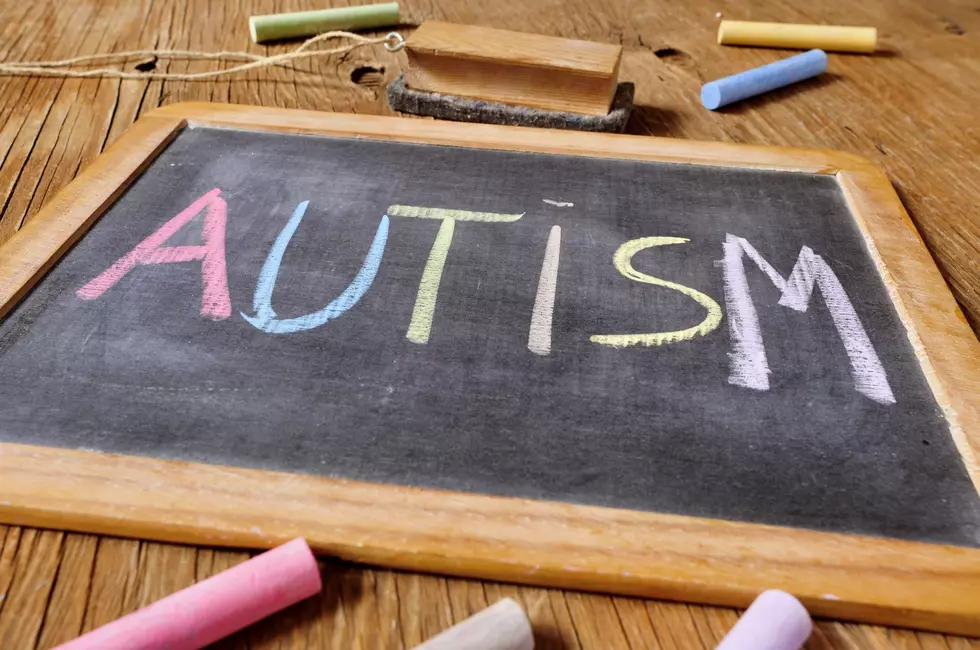
Extending Special Education By a Year Can Make a Huge Difference in Kids’ Development
The COVID-19 pandemic has had quite an impact on kids with autism, making this past year extremely difficult for them with interrupted routines and halted therapy.
COVID got in the way of schools trying to teach kids with developmental disabilities, life skills, and providing job training before they turn 21. But some New Jersey state lawmakers are looking to change this.
State lawmakers are looking to extend special education by one year with one bill having already passed in the state Senate.
Suzanne Buchanan, executive director of Autism New Jersey, says this bill is important for students with developmental disabilities primarily because they have a slower rate of learning and often need more time to adjust with their uneven skill development.

During the pandemic, a lot of skills that they learned over the course of months and years have been lost, said Buchanan. These kids haven't had the opportunities to practice or go out into the community.
"We've had parents who tell us my son will sit in front of the computer for eight minutes, 15 minutes if we're lucky," she added.
The proposal would give essential time for children with autism ages 18 to 21 to meaningfully engage in transition training. Buchanan said this is critical because it prepares the youth for the rest of their lives, for living, working and participating in a community.
It would also mean access to related services and therapies, community experiences and the development of employment and other post-school adult living objectives.
Buchanan said many young adults with developmental disabilities need practice interacting with other people and deciding whether or not to disclose their disability or how to talk about their disability. This proposal is about giving kids with autism more time for their academic and adapted behavior skills, as well as practicing those in the community in real-world settings, said Buchanan.
"Anytime you have a child who has a slower rate of learning, you're concerned about their prognosis as an adult, you're concerned about their level of independence" she added.
It's a race against the clock to try and teach them as much as they can learn and to help them to be as independent or as interdependent as appropriate, she said.
The 1-800-4-AUTISM line remains open to anybody who needs help accessing adult services or access to state funded services.
While the bill has passed the state Senate and the state Assembly Education Committee, it has now been referred to the state Assembly Appropriations Committee.
LOOK: Here Are 30 Foods That Are Poisonous to Dogs
More From WPG Talk Radio 95.5 FM










